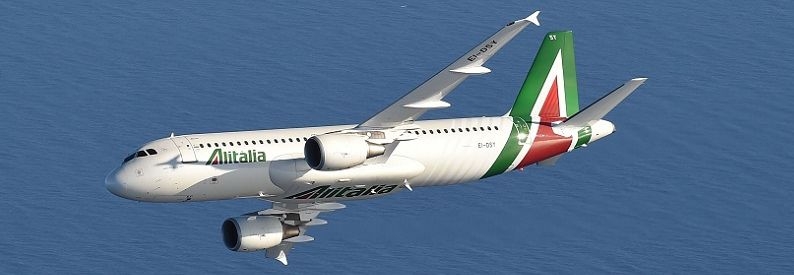EU-Italy deal on Alitalia successor within reach

Italy’s plan to replace its perennially loss-making flag carrier Alitalia (AZ, Rome Fiumicino) with a successor, provisionally named ITA – Italia Trasporto Aereo (AZ, Rome Fiumicino), appeared to clear a hurdle on May 26 when the European Commission said it had reached “a common understanding” with Rome on a framework that ensures no economic continuity between the old company and the new one. The signs of a potential deal between Brussels and Rome followed a meeting between Europe’s competition commissioner, Margrethe Vestager, and Italy’s economic development and finance ministers, Giancarlo Giorgetti and Daniele Franco. “Following intense and constructive discussions at all levels, the European Commission and the Italian authorities have reached a common understanding on the key parameters to guarantee economic discontinuity between ITA and Alitalia. Contacts will now continue at full speed on a technical level,” a commission spokeswoman said, as quoted by the newspaper Il Sole 24 Ore. “The commission supports Italy’s efforts to prepare as quickly as possible the launch of ITA as a new and vital market player in line with EU standards,” she elaborated. The EU executive branch, she added, is also completing its long-running investigation into bridge loans granted to Alitalia, EUR900 million euros (USD1.1 billion) provided in 2017 and EUR400 million (USD485 million) in 2019. Giorgetti declared after what he called a “tight and constructive” meeting: “The technical path for the birth of a sustainable company has begun, the new Alitalia, which will have to be operational as soon as possible, most reasonably in August.” As for the name of the new company, ITA “will be able to participate in a tender for the Alitalia brand,” Giorgetti said. However, discontinuity is “an indispensable condition. This is what the European Commission is asking, but it is also what the government wants.” As previously reported, less than half of the Alitalia fleet will be transferred to ITA, together with several slots at Milan Linate consistent with how many aircraft it operates and less than half of its workforce employed under new contracts.
